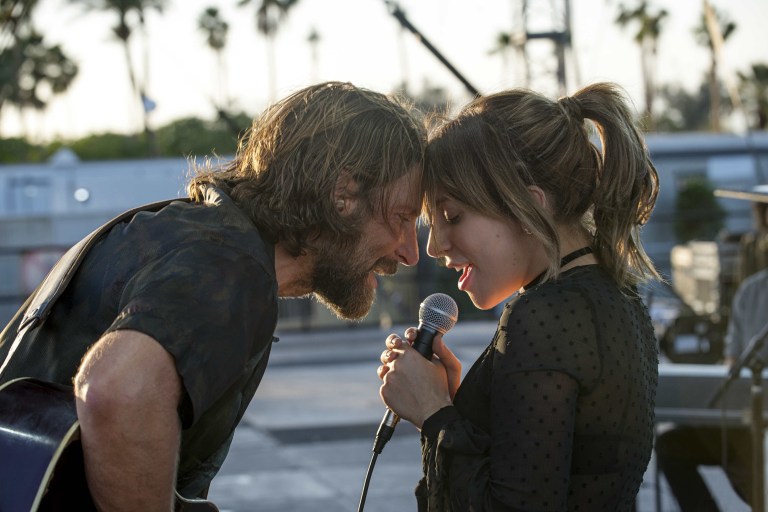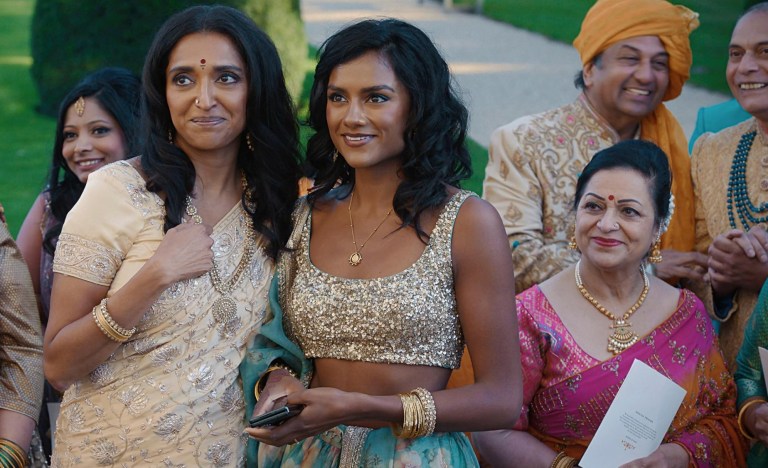
When Guys Keep Choosing Your Friends Over You
Rejection sucks. Always. But it especially sucks when you're standing right next to the person you were rejected for.
By ![]() Kim Quindlen
Kim Quindlen

There’s no enemy here. Your friend is not the enemy. The guy is not the enemy. Your own physical appearance is definitely not the enemy.
But you want someone or something to be mad at. Because if you don’t have something or someone to be mad at, you have nothing to distract you from the suffocating feeling of inadequacy.
Whether it’s a genuinely nice, friendly guy that you felt a deep emotional connection with, or just some goober you met drunkenly in a nightclub, it’s going to hurt either way if he chooses your friend over you.
Rejection sucks. Always. But it especially sucks when you’re standing right next to the person you were rejected for. Someone you know well, which means that you can’t cheer yourself up by saying, “Whatever. She probably has an awful personality.” Because you know she doesn’t.
She’s your friend, maybe even your best friend. She’s someone that you probably love very dearly. So even though you want to villainize her in your imagination, and come up with all these reasons why she’s an awful person, you can’t. You’re left with what seems like no other option than to compare yourself to her over and over and over. To think about what she has that you don’t. Which physical characteristics of hers trump your own. How her success and personality may make her more appealing than you.
You probably feel exhausted, frustrated, and insecure. When it feels like you’re putting yourself out there and doing everything you can to be open to love, and all you’re getting in return is passed over, you can fall into a very dark place.
And so you’re tempted to just close yourself off, maintain a frosty exterior. Not because you are trying to bathe in your own self-pity, but because you feel so much more comfortable focusing on self-preservation and self-defense than you do on being open.
There’s no perfect answer on what to do here. There’s no magical sentence – something along the lines of You’re beautiful no matter what! – that’s going to actually make you feel better, no matter how true it is.
There’s no number of pounds you have to lose. There’s no makeover montage you need to do in real life that’s going to “fix” you.
You have no control over what a guy is going to think of you, and whether or not he’s more attracted to your friend than he is to you. But you can control the way in which you approach the world every day. You can control whether you fall into a bitter spiral or whether you’re going to look at the situations you’ve been in and figure out how they can make you a better person.
It sucks. It’s annoying advice. It’s not an instant relief and it’s a difficult mindset to come into and maintain. It means there’s no guarantee that you’ll ever meet someone. It means there’s no guarantee that you can escape the vulnerability that you constantly feel.
But feeling this way can change you, for the better – even if you don’t believe it, even if it sounds like bullshit, even if you’re sick of hearing it.
When you feel low enough, you start to learn that there are other things, more important things, that can make you feel happy and confident and fulfilled. Your personality, your choices, your career, your experiences, your family and friends, your priorities, the list is endless. They are all things that come more clearly into focus when your own vulnerability makes more room in your brain.
And then, if you do eventually meet someone – which is absolutely and easily possible – you will feel more whole, more fully yourself. You will probably have a more loving, understanding, compassionate mindset. You will feel solid in the person that you are and the experiences you have had. This is not a knock against beauty, or against feeling physically confident. This is not a knock against your friend, or a way of saying that there is anything wrong with women who are considered objectively attractive.
It’s just a reminder that, sometimes, rejection can be the best thing that ever happened to you. ![]()











